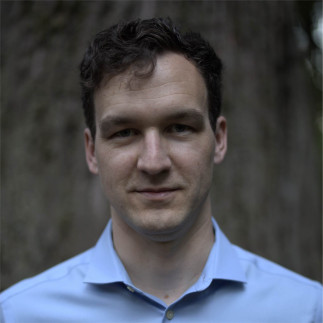Abstract :
Astrobiology aims to determine the distribution and diversity of life in the universe. But as the word “biosignature” suggests, what will be detected is not life itself, but an observation implicating a process associated with living systems. Technical constraints and our limited access to other worlds suggest we are more likely to detect an out-of-equilibrium suite of gasses than a writhing octopus. Yet, anything short of a writhing octopus will raise skepticism about what has been detected. Resolving that skepticism requires a theory to delineate processes due to life and those due to abiotic mechanisms. This poses an existential question for life detection: How do astrobiologists plan to detect life via features shared between non-living and living systems? I argue that you cannot without an underlying theory of life. I illustrate this by analyzing the hypothetical detection of an “Earth 2.0” exoplanet. But what shape should a theory of life take? I will present Assembly Theory as a candidate theory which can capture features unique to life that can be empirically measured. This theory also allows for an integration between the origin of life and the detection of alien life which have historically been treated as separate scientific research problems. If Assembly theory (or other candidate theories) cannot be developed, I argue the community should focus on identifying unambiguous features of life via four areas: understanding the principles of life on Earth, building life in the lab, detecting life in the solar system and searching for technosignatures.
Bio :
BSc from San Francisco State University, PhD from Arizona State University and postdoc at Glasgow University and a NASA postdoctoral fellow, Dr Cole Mathis is now a physicist and astrobiologist at Arizona State University. His research focuses on understanding the emergence of life and the detection of alien life as two sides of the same problem. In January Cole will be starting his own lab at ASU in the Biodesign Institute and the School of Complex Adaptive Systems.

